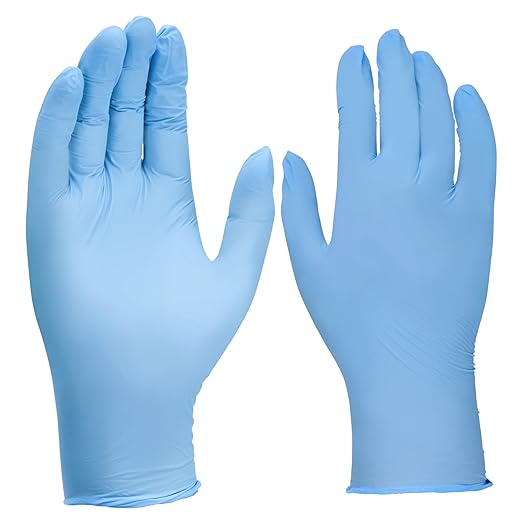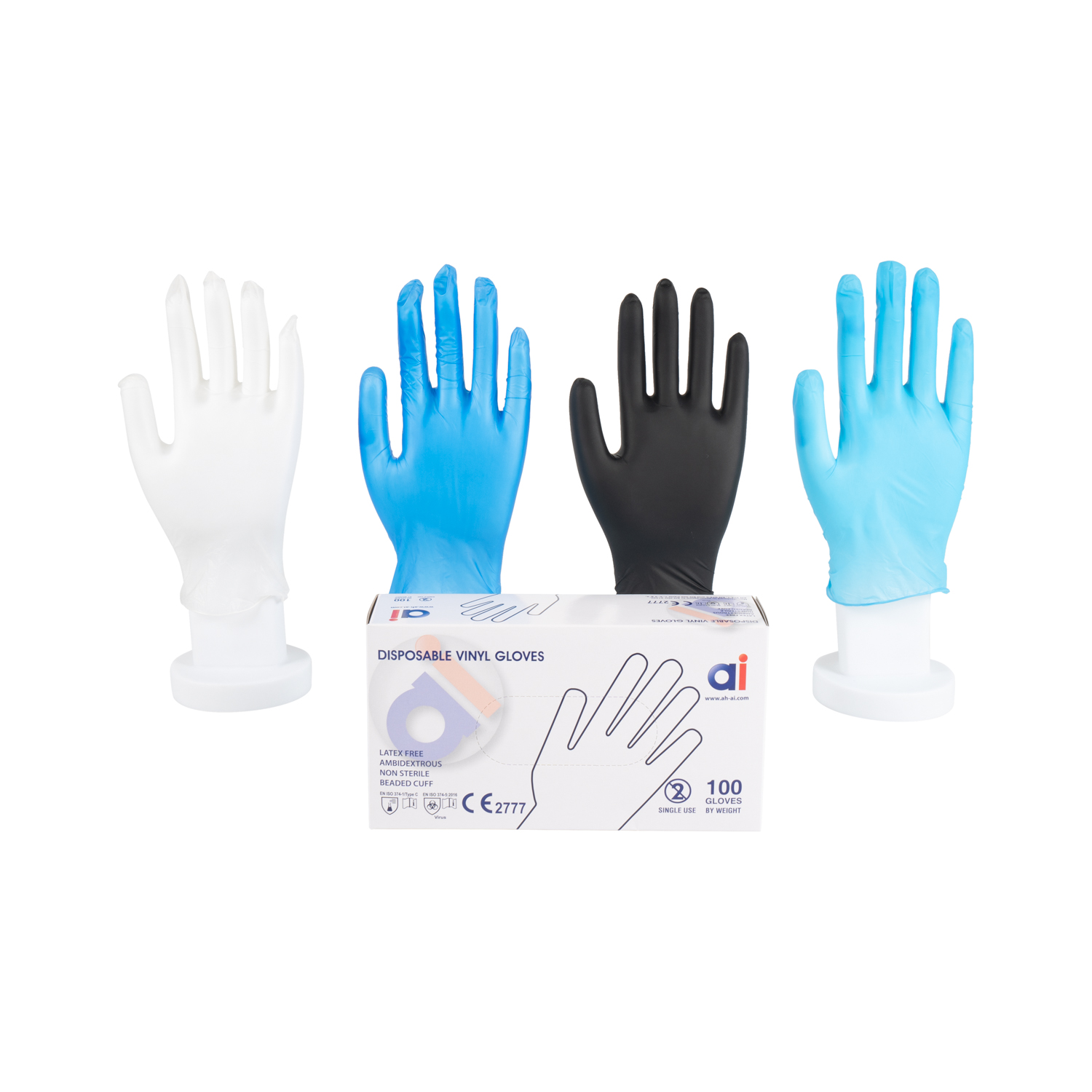
Any professional handling any parts of deceased bodies, or any bodily fluids need to be properly protected from potential infection and disease. This applies to both healthcare and death care professionals.
What is “Death Care”?
“Death care” is a very broad term used to include everyone involved professionally after someone dies. It is a broad enough term that it encompasses everyone from end of life care workers to people who maintain cemeteries.
Death care includes preparation of the body after death. What is done to prepare the body depends on the after death plan a person has decided on. For example, a body being donated to science goes through a different procedure than a body that is being prepared for an open casket funeral.
No matter the after-death arrangements, there are often multiple professionals involved in the care of a body after death, including morticians, pathologists, coroners, and their assistants. There is risk of living people becoming infected from viruses or bacteria on/in the body of the deceased.
Personal protective equipment (PPE) is required
If an autopsy is being performed, the coroner and their assistant must wear commonplace PPE. This includes:
- eye protection (this can be goggles or a face shield)
- a cap and mask
- a waterproof protective gown (or full suit) OR a non-waterproof gown/suit and a waterproof apron
- sleeve and shoe covers
- gloves, of course
There are many practical safety precautions during the process of an autopsy.
There are specialty autopsy gloves, which are cut-proof synthetic mesh gloves. While these gloves are a great idea and safety precaution to have, many coroners find that the mesh gloves limit their dexterity. Dexterity and fine motor skills are incredibly important for a coroner to utilize. In many places, it is acceptable to wear two pairs of disposable gloves instead of the mesh gloves. The gloves need to cover the gown or sleeve covers.
Not all deaths require an autopsy, but there are PPE requirements for any person handling a deceased body. The minimum PPE requirements include:
- wearing a long sleeve, cuffed gown. This should be waterproof if the body is visibly contaminated with fluids; if it is not, a waterproof apron is to be worn over the gown.
- if bodily fluids are anticipated to splash, full face protection is required. This can include a face shield, or goggles and a medical mask
- non-sterile gloves that cover the cuff of the gown. Only a single pair of gloves is required
What kind of gloves are best?
In most cases, sterile gloves are not required. Medical examination gloves are sufficient for death care workers. To reduce the risk of exposure to allergens, disposable nitrile exam gloves are the best option. They are not as stretchy as latex gloves but can be form fitting and comfortable with the right size. Latex gloves provide stretch but are a common allergen, so they are not the best option in a shared workplace.


